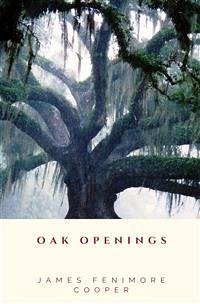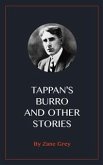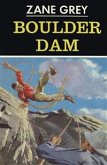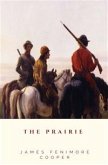This exciting tale combines elements of classic adventure with themes of religion, reverence, and tolerance. The 'oak openings' of the title are the wooded prairies of Michigan, where the peaceful camaraderie between white frontiersmen and Native Americans is tested when the War of 1812 breaks out. Will these friendships survive the conflict? Is co-existence possible? Read Oak Openings to find out how the uneasy truce fares.









